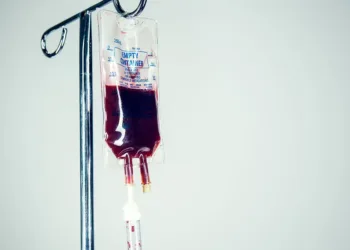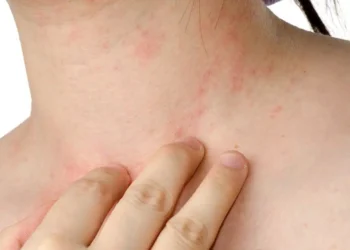Kilishi is a dried slim sheet of meat made from deboned cow or goat meat and mixed with ingredients called Labu (an ingredient that contains natural spices of ginger, cloves, pepper, Yagi, cayenne pepper and salt). It is originated from Northern Nigeria.
Kilishi is made from a technique known as curing. Cured meat is prepared by drying. It removes the moisture and water activity that prevent microbial growth.
Kilishi is a popularly eaten snack and can be easily bought from an ‘Aboki’ in the street or on the road for travellers who are travelling through the north.
when properly dried can last up to 8 months if stored in tightly sealed brown paper.
Kilishi can be a good meal to snack on but has side effects. See the unhealthy effects of kilishi:
1. Kilishi is not good for the health because It is prepared in unhygienic and appalling conditions or environments. The production of Kilishi makes the meat to be exposed to the environment and may get contaminated by flies, rodents, humans and insects.
Because it is prepared in unhygienic conditions, kills can be a cause of food poisoning.
Sometimes, the exact kind of meat used for kilishi cannot be determined after it has been roasted. So, consumers may be at risk of eating unhealthy meats.
2. High consumption of beef may increase one’s chances of cancer risk. Also, while the beef is being roasted, some chemicals get released. Chemicals like polycyclic aromatic hydrocarbons are generated when the beef is being processed over charcoal wood and gas. And the consumption of this food put your health at risk.
In 2015 also, World Health Organisation warns that kilishi can cause cancer.
Excessive beef consumption may lead to hypertension, cardiovascular disease and stroke.
3. Kilishi meat may not be cooked and may put consumers at risk of contracting diseases like taeniasis (Taenia Saginata, tapeworm infestations). Tapeworm infestation can cause you abdominal discomfort, vomiting, muscle aches, headaches, dizziness, seizures and in extreme cases intestinal obstruction.










